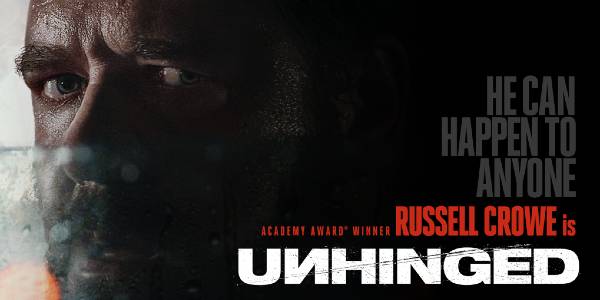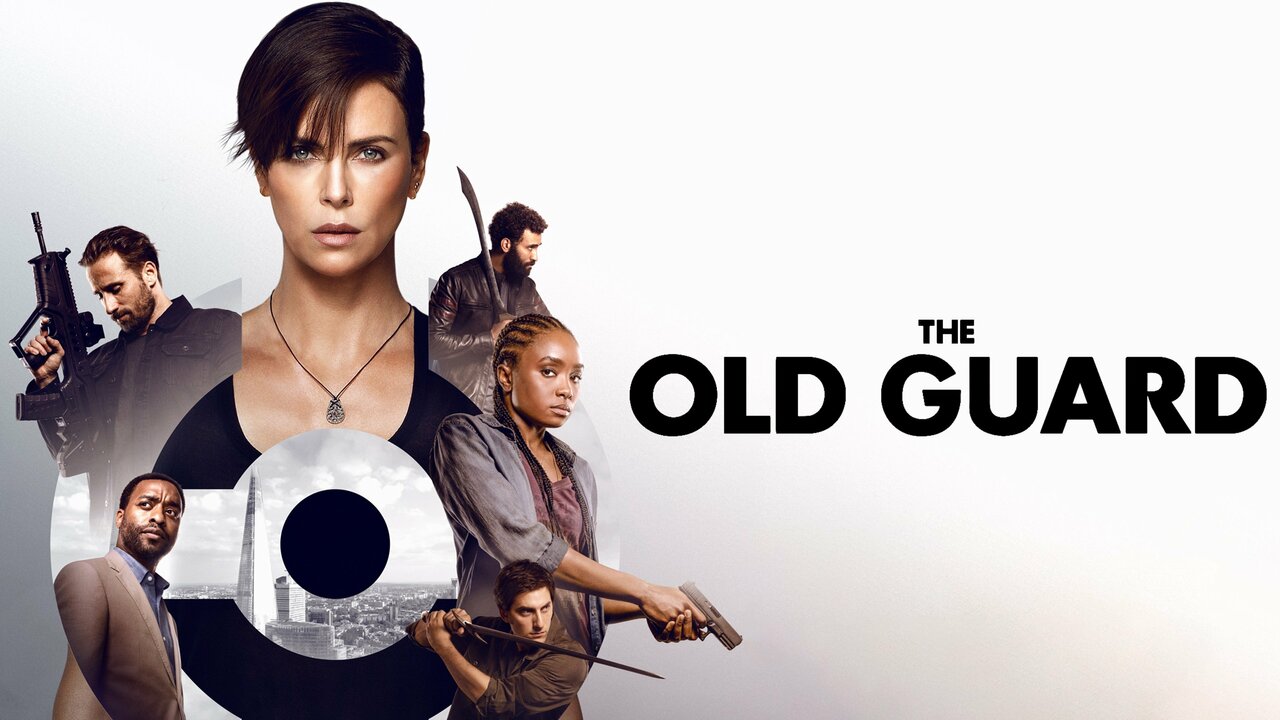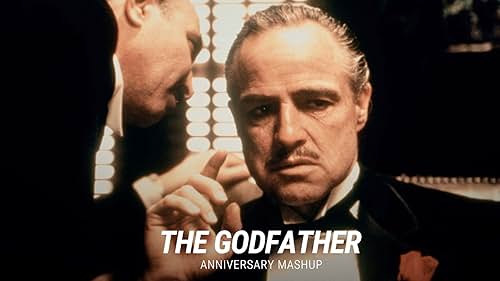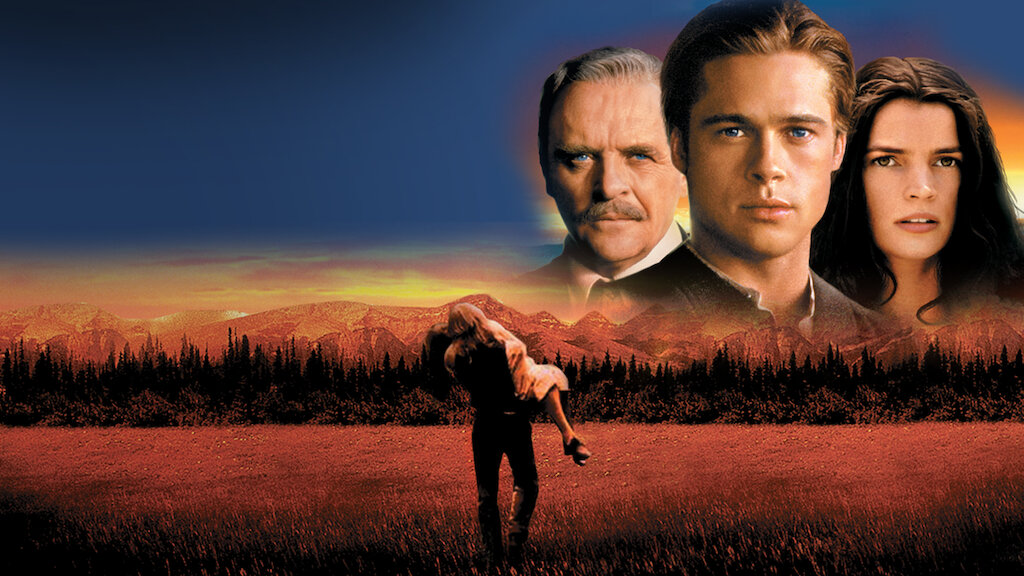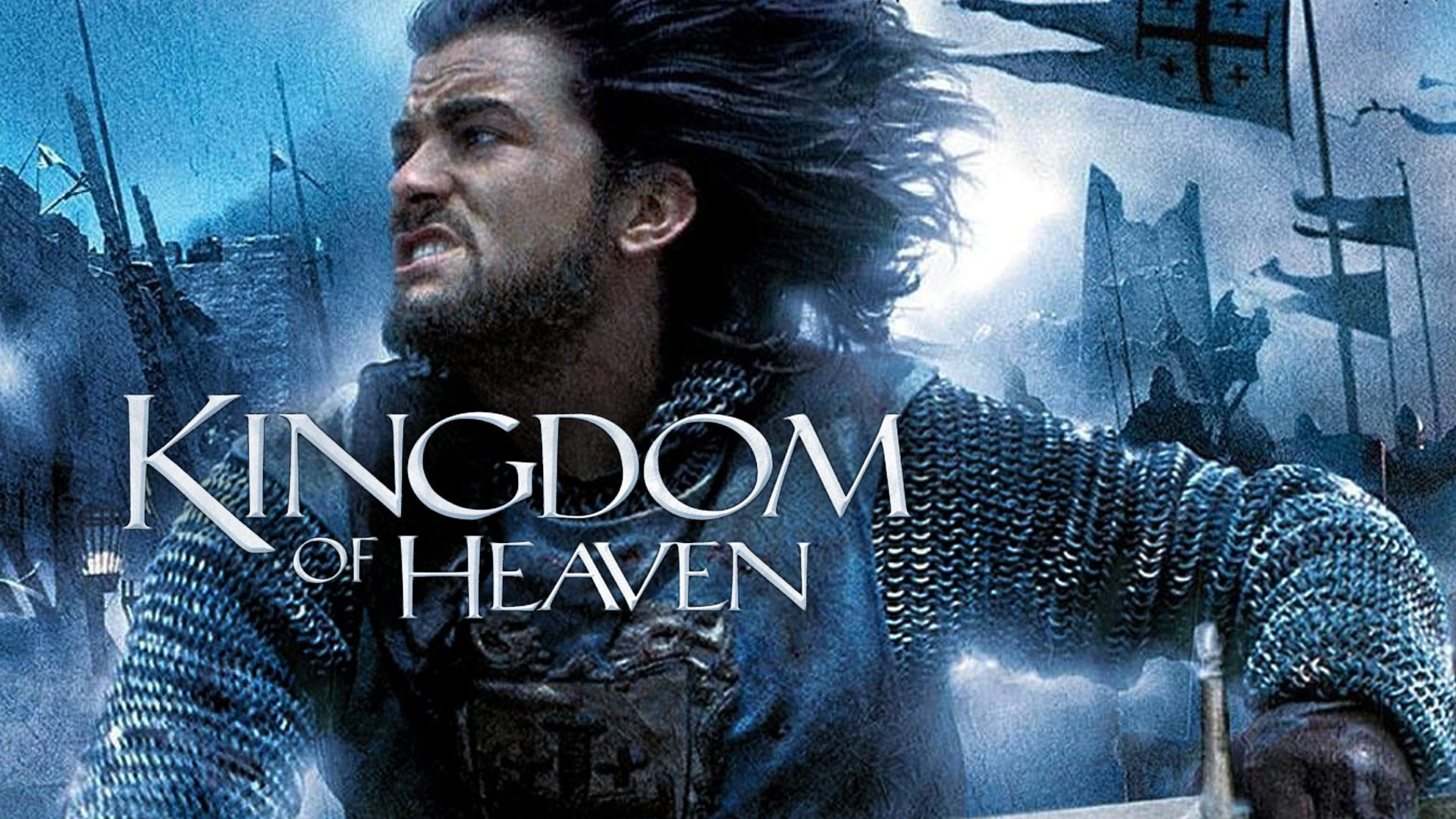Companion (2024), directed by Drew Hancock, is a hauntingly intimate sci-fi thriller that blends human emotion with cosmic horror. Set in a near-future world where survival is uncertain, the film explores isolation, grief, and the desperate need for connection in the face of the unknown.
The story follows a lone survivor, portrayed with quiet intensity by Lukas Gage, who journeys through a desolate landscape accompanied by a mysterious entity that may—or may not—be protecting him. As the bond between man and companion deepens, questions arise about reality, trust, and what it means to be truly alone. With each passing moment, the lines between friend and threat begin to blur, creating an atmosphere thick with tension and psychological dread.
Drew Hancock crafts the film with a minimalist touch, using eerie silences, stark visuals, and subtle world-building to immerse the viewer in an apocalyptic reality that feels both otherworldly and frighteningly familiar. The cinematography captures vast, empty terrains that mirror the protagonist’s emotional emptiness, while the sparse dialogue enhances the feeling of isolation.
The film doesn’t rely on traditional action or exposition—instead, it allows atmosphere and ambiguity to drive the narrative. The pacing is deliberate, almost meditative, which might not appeal to every viewer, but it’s precisely this restraint that gives Companion its hypnotic power.
At its core, Companion is a chilling reflection on how loss reshapes us, and how the things we cling to—be they people, memories, or phantoms—can save or destroy us. It’s a quiet, unsettling experience that lingers long after the screen fades to black.
